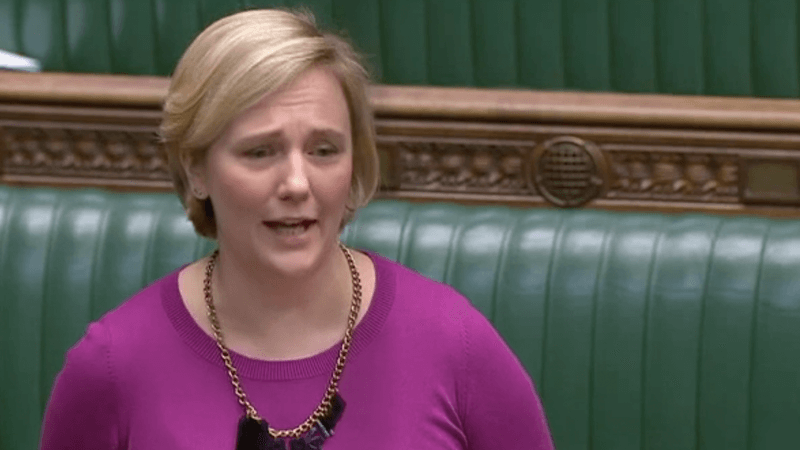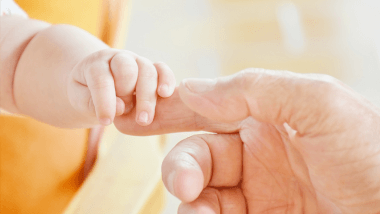Pro-abortion MPs are demanding that abortion be made a human right in the UK, following the US Supreme Court overturning of Roe v Wade.
The pressure came during an urgent question time in the House of Commons called by Dame Diana Johnson. She asked whether the Foreign Secretary would put pressure on the Biden administration to ensure abortion is protected in the US.
Christian MPs spoke up in defence of the unborn but many others reacted angrily to the Supreme Court ruling, calling the decision to hand back power to elected state representatives “an abomination”, and “a threat to women everywhere”.
Pressure
A Minister in the Foreign Office Amanda Milling, responding on behalf of the Government, explained that the Supreme Court ruling did not make abortion illegal. While she and the Prime Minister regard the ruling as “a step backwards”, she reminded MPs the Court is in “another jurisdiction”.
But Milling did say the UK’s position is that women and girls in the UK should have the right to access “essential health services”, which she said included “safe abortion care”, adding that the UK does seek to support access to abortion “for women and girls around the world”.
A number of MPs used the debate as an opportunity to push for more explicit abortion laws in the UK, with Stella Creasy asking if an amendment to the Bill of Rights would be tabled “to protect a woman’s right to choose for every single woman in the United Kingdom”.
The Minister said she could not pre-empt future legislation, but confirmed her own view that she is pro-abortion.I do not think there is a strong case for change.
Deputy Prime Minister Dominic Raab
Right to life
However, Christian MPs did speak out in opposition, including Danny Kruger, who said: “I probably disagree with most Members who have spoken so far on this matter.
“They think that women have an absolute right to bodily autonomy in this matter. However, I think that, in the case of abortion, that right is qualified by the fact that another body is involved.”
DUP MP Carla Lockhart said: “abortion is not and has not ever been deemed a human right in any binding international law. In fact, almost the opposite is the case. Some internationally binding treaties reference a right to life, such as article 6 of the international covenant on civil and political rights”.
Jim Shannon noted that some in the House “tend to disregard” the rights “of the unborn child”, and highlighted some of the violence by pro-abortion activists against pro-life pregnancy centres in the run-up to and aftermath of the ruling.
Conscience
The issue was raised again in Prime Minister’s Questions later in the week.
Labour MP Rosie Duffield asked Deputy Prime Minister Dominic Raab if he would accept an amendment to the proposed Bill of Rights, “which would enshrine in law a woman’s right to choose”.
Raab responded that “the position on abortion is settled in UK law and it is decided by honourable Members across the House”. He added: “It is an issue of conscience, and I do not think there is a strong case for change.”
Roe v Wade
Last week, the US Supreme Court ruled that the 1973 Roe v Wade decision, which guaranteed women’s constitutional right to an abortion, was incorrect.
The historic judgment does not criminalise abortion nationally, but hands back power to individual states to legislate on the issue. Around half of these states are set to or have now introduced restrictions on abortion or ban it outright.
Leading up to and in the wake of the decision, some pro-abortion activists have acted violently. A Christian pregnancy centre in Colorado, Life Choices, was set on fire and painted with the words: “If abortions aren’t safe, neither are you.”
And in Arizona, which ceased abortions immediately, politicians were unable to safely leave the state’s Capitol building until a SWAT team had used tear gas to disperse protestors who had surrounded them.
Breaking: Roe v Wade overturned
Pro-abortionists launch violent attacks after Roe v Wade overturned
Abortion is ‘devastating to black babies’, says history-making US politician


